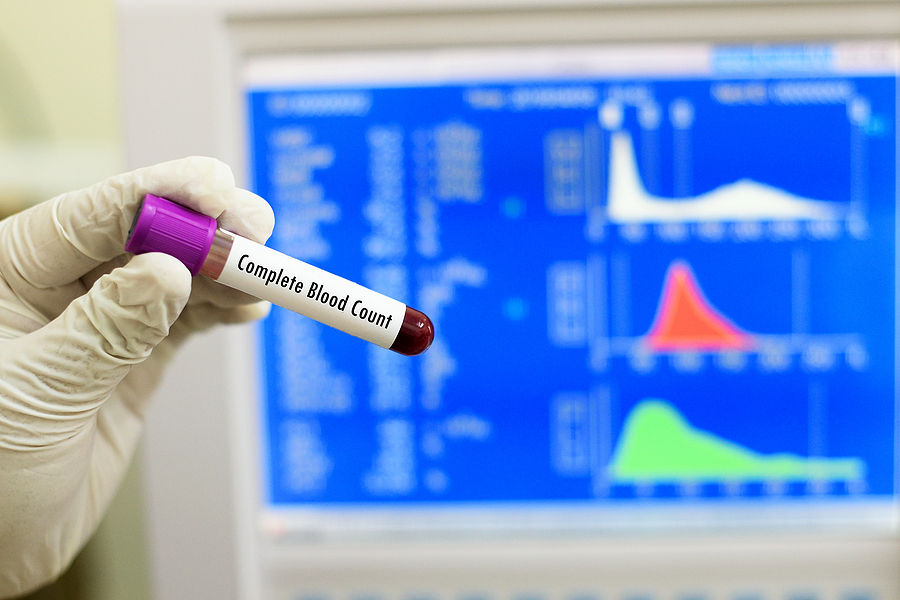What Are The Benefits Of Genetic Blood Testing?
- Sarah
- Oct 22, 2025
- 3 min read
There are so many health conditions that are hereditary, from autoimmune diseases to cancers and Alzheimer’s to diabetes. By being able to find out whether you have an inherited illness, you can make lifestyle changes that may delay, or help you avoid, these conditions.
This is where genetic blood testing comes into play, enabling people to have all the information about future health complaints, so they can prepare themselves and make relevant decisions, such as issuing medication.
How does genetic blood testing work?
Genetic blood testing works by analysing the bloodwork, looking for mutations in genes or chromosomes, or proteins that are linked with certain hereditary conditions.
The blood results can show whether there are genes present that are likely to cause health problems or not.
What conditions can I be tested for?
There are lots of genetic health conditions you can be tested for, but the most popular ones assess the risk of prostate cancer, breast and ovarian cancer, and bowel cancer.
Alternatively, you could test for cardiovascular health risks; haemochromatosis, which is the build up of iron in the body; familial hypercholesterolaemia, when the liver cannot process cholesterol, leaving high levels in the blood; coeliac disease, an autoimmune response to eating gluten; and lactose intolerance.
The tests determine whether you are more likely to develop the condition; though it is not a guarantee either way. For instance, if your results show you have a prostate cancer risk gene, this does not necessarily mean you will have prostate cancer in the future.
Similarly, if you do not carry the risk gene, this does not mean you will not develop it.
Why is it useful to know if I carry a risk gene?
Lots of people who have seen their parents, uncles, aunts or grandparents suffer with an illness worry whether they will also endure the same outcome.
For many, not knowing what their future will hold can cause them anxiety and stress. Therefore, they would rather have the assurance knowing they do not carry the gene, or be able to deal with their reality knowing they do.
A genetic test can also be useful if you are planning to have children, as if you find out you carry a gene that may result in a chromosomal defect, for instance, this may affect your decision about whether to start a family.
It can also help parents diagnose a condition in their own children, which might otherwise go unnoticed. For instance, a child with haemochromatosis will not necessarily experience symptoms until they are older and their iron levels have built up to a dangerous level.
Knowing whether they are carriers of the gene, however, can enable doctors to plan treatment at a phlebotomy service to remove blood at an appropriate age. This would lower iron levels, before symptoms, which include fatigue, joint pain, unexplained weight loss and even organ damage, begin.
Genetic testing results can also give you the opportunity to overhaul your lifestyle, such as reducing the amount of cholesterol you eat if you are at risk of familial hypercholesterolaemia, or eliminating lactose in your diet, which will improve your health for the long term.
It can even give people the opportunity to join clinical trials, which might not only improve their health outcome but could also help others with genetic conditions in the future.
What you should consider
It is also important to consider there might be repercussions to genetic testing, such as finding out results you might not want to face.
However, having this information gives you the tools to tackle any condition, rather than ignoring it and hoping the risks will go away.
.png)



Comments